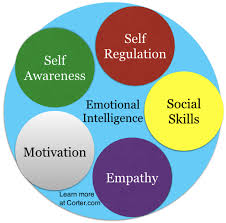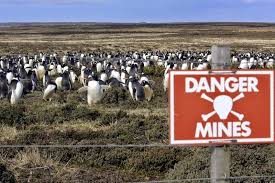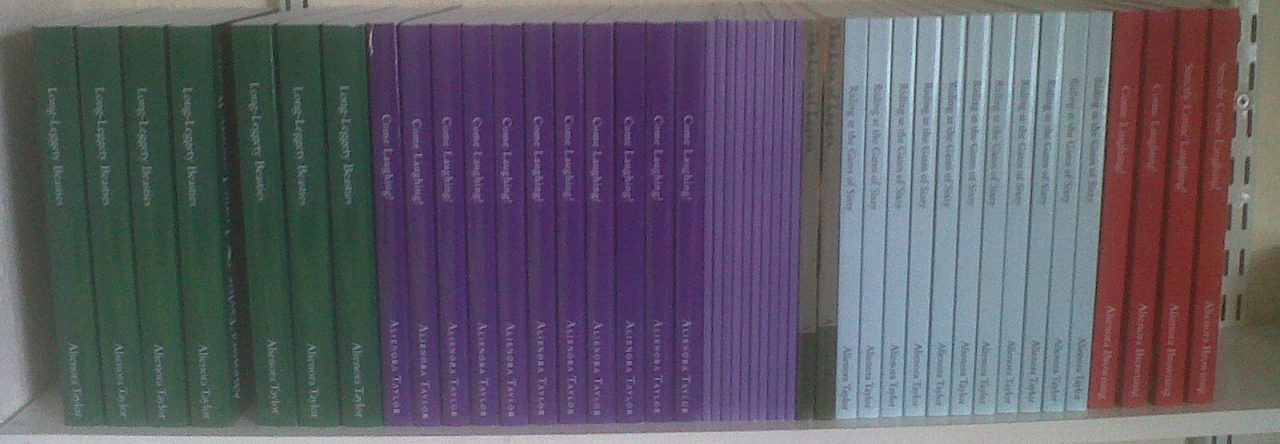https://dailypost.wordpress.com/prompts/youth/

Life lessons start in our youth. Actually, they start from the moment we are born. So, taking ‘youth’ to cover everything from babyhood up to adulthood, I would like to take one aspect of life-learning: Emotional Intelligence and the pitfalls which certain messages can cause it during its early evolution.
This is a personal view – and others may well see things very differently! Having a high IQ is no guarantee of emotional intelligence – and the ability to learn school lessons quickly and easily does not mean that we learn emotional lessons with equal rapidity!
I know this: Though reasonably academic, without being in any way a genius, I have been slow to learn some of life’s fundamental emotional lessons!
I have a long history of being frightened of angering or hurting others. The backstory, at this stage, is irrelevant: We all have our boiling streams of pain and fear which have carried us into the present.
What the statement above means, however, is that I am very easy to manipulate through either anger or empathy. Where some people are able to say, ‘Sorry if that makes you angry or sad, but I am doing it anyway!’ I have genuine difficulties in this area. This, of course, means that anyone absolutely determined to either get their own way or manipulate me into backing down has a brilliant tool to use.
I am not opening myself up by sharing this: It is obvious to everyone who knows, or thinks they know, me. It is my Achilles Heel – and always has been. We are animals first – and we sense the weak points in those we come across – and use them to get the things we need, or think we need, in life.
No matter how kind and nice we are, there is a huge temptation to walk all over those who lie metaphorically prostrated upon life’s ground; to expend our own rage on those we know will not rage back; to weep and lament and trot out our self-pitying baggage if we think we can get away with it, and it will influence another.
These techniques are learned very early – and, in many ways, are essential for the tiny vulnerable infant we all have evolved (physically, at least!) from. Our mothers are often our first martyrs, our first punch-bags, the recipients of our most powerful emotions which – unless said maternal parent is seriously dysfunctional – are received and digested, soothed and forgiven.
We cry and scream initially because we need to be heard for survival: To be fed, changed, burped, cuddled; because we are in pain or lonely or too cold or too hot. Our emotions are as vast as the universe, and the mother is the fount of all comfort and fulfilment and healing.
But some little ones learn, early, that it is not all right to be angry and afraid and openly vulnerable or needy. They learn because their adored Martyr-Maters suddenly withdraw the breast milk of love, and turn their backs when our need is at its greatest. They learn the hard lesson we all have to learn eventually: That being a baby, being the centre of a mother’s universe, is finite – and is not a right.
Others learn, from other, very different, messages, that the mother also considers them to be the most important, the centre of everything, that their need and entitlement sheets are infinite – and that they have but to press the buttons of protectiveness (using tantrums of one kind or another) to receive a cornucopia of milk.
When I say ‘mother’ I actually mean ‘parent’ or ‘caregiver’ – since I am very aware that the mother, though the Earth Mother in Mythology, may not be the primary love-giver/taker or the one from whom these early lessons are learned.
A vital lesson to learn in life is the one relating most closely to personal boundaries and safety. In my case, there were two parts to this conundrum which, for whatever reason, I failed to hoist on board as a child – and which have caused me to choose abusive friendships/relationships since I can remember.
The first was understanding that anger does not destroy the universe (or it would have done so many times over already) – and that another’s fury should not stop us from pursuing that which is important to us. Others’ rage makes me over-obedient, submissive and wooden. I did not learn that raging against the rage could be successful. I assumed that such battles would destroy everything and everyone. Even now, when someone gets angry with me, instead of giving as good as I get, I back off, back down, try everything I can to cajole the other out of his or her fury.
Not good!
The other relates to anybody else’s pain or sadness. I find it almost impossible to carry on with my own plans if someone else I love is expressing hurt at the thought of them. This is why it took me so many years to actually start divorce proceedings. So, when another says, ‘That really hurt me…’ instead of saying, ‘Tough tit! Get over it!’ I back-pedal furiously and try to right the wrong. Even if my original causing of pain was in response to an abusive act by the other.
When I wrote my earlier post, and published it, my immediate and terrified and typical reaction was, ‘Oh God, what if I offend someone? What if I hurt someone else’s feelings? What if I make someone angry?’
One of the things about living in a ‘Walking on Eggshells’ atmosphere for any length of time is that you become abnormally vigilant about, and sensitive to, another’s reactions to ANYTHING you might do, say or even think. You never know quite what is going to set the other off – and so everything has the potential for danger. It is analogous to walking over a stretch of ground in a war zone. You know damn well that the enemy – both soldiers and civilians – have planted mines somewhere, but you have no map, no mine-finding equipment and no armour to protect you from the deadly blasts.
You, quite literally, have to watch your every step.
It is exhausting. Until you remove yourself from the area altogether – and, even then, the habits remain for some time to come: You continue to watch your every word and avoid stepping on the unseen mines planted by someone else’s psyche.
Let me just take a brief break from this to say that I have also, in recent years (and, in the case of one of my best friends, many years ago) chosen far more wisely – and now have a diverse group of loved people who represent health rather than baby need and fear.
But, above all – and for all that I am, as yet, unable to put it into practice! – I have learned a vital, and refreshing lesson: If regular anger management is part of the relationship, if I spend inordinate amounts of time trying to pacify the other at my own emotional expense, this is not a bond which has a future. Because, if we have to be anyone other than our true selves with friends and relatives and loved ones, we are doing ourselves a huge disservice and condoning the crap behaviour of those who never learned that the Moon, Sun and Stars were not theirs for the taking!



As always, this was very powerful. I particularly like what you said about anger.
Anger can sometimes be a constructive emotion, but too often it is destructive toward others (e.g. people who can be paralysed by others’ anger) or toward oneself. I frequently felt paralysed when my Dad yelled at me when I was younger, and my anger often makes me self-destruct and shut down (implosion rather than explosion).
Although I don’t think I have hurt anyone, I also suffer paralysis when others are sad, since I am a strong empath.
LikeLiked by 1 person
Me too, on the others’ anger front: Implosion rather than explosion is a brilliant way of putting it, Noah, and describes the inner sensations so well. xxx
LikeLike
I learned so much from this post. It helped me with some difficult emotions that I’ve been trying to understand.
LikeLiked by 1 person
Very pleased to hear this, Lisa, and thanks for commenting.
LikeLiked by 1 person